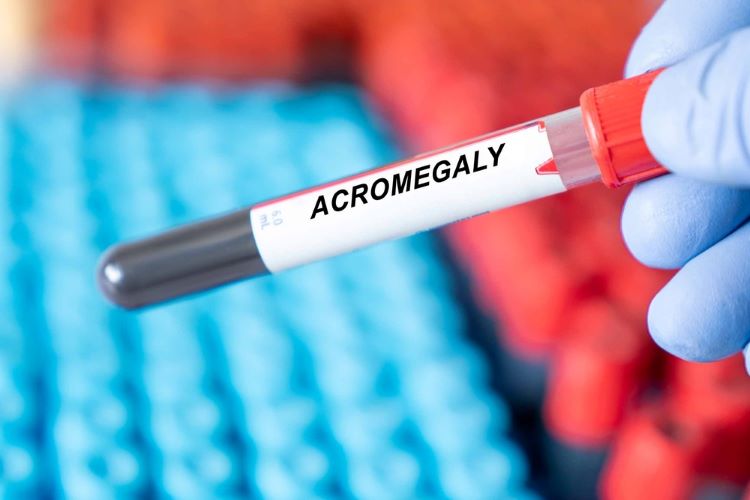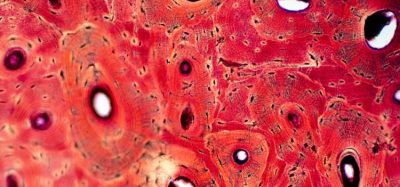Novel pre-filled autoinjector receives EU approval
Posted: 1 July 2025 | Catherine Eckford (European Pharmaceutical Review) | No comments yet
The EU authorisation offers a new treatment option for acromegaly, providing effective disease control and enabling convenient self-administration.


The European Commission has granted approval of the first subcutaneous, once-monthly octreotide for the rare, chronic disease acromegaly.
Oczyesa® (CAM2029), octreotide subcutaneous depot, is indicated as a maintenance treatment in adult patients who are responsive to and tolerate somatostatin analogs treatment. It is self-administered subcutaneously once-monthly via a pre-filled autoinjector pen.
Acromegaly is a condition typically caused by a tumour of the pituitary gland producing excess growth hormone and stimulating increased insulin growth factor-1 (IGF-1) levels. This results in abnormal bone and tissue growth, enlarged hands, feet, facial features and inner organs, based on research shared by Camurus AB.
[Based on clinical data] Oczyesa provides effective and durable biochemical treatment response, as well as improved acromegaly symptom control and quality of life compared to current standard treatment [for acromegaly]”
“Results from the ACROINNOVA clinical programme have shown that Oczyesa provides effective and durable biochemical treatment response, as well as improved acromegaly symptom control and quality of life compared to current standard treatment,” shared Dr Diego Ferone, Professor in Endocrinology, Head of Department of Internal Medicine at the Ospedale Policlinico San Martino, University of Genova, Italy, and coordinating investigator of the ACROINNOVA programme.
What led to the European Commission’s approval of Oczyesa?
The European Commission’s decision for Oczyesa as a treatment for acromegaly is based on results from the CAM2029 clinical programme. It involved seven clinical trials, including four Phase I studies, one Phase II study, and two Phase III studies.
The ACROINNOVA 1 study illustrated that Oczyesa enabled a significantly higher proportion of acromegaly patients to attain normalised insulin growth-factor-1 (IGF-1) levels compared to placebo, according to Camurus AB.
The ACROINNOVA 2 study is a Phase III long-term safety and extension clinical trial of octreotide SC depot. Results demonstrated the persistence of mean IGF-1 values and reduced symptoms over a 52-week period.
Related topics
Clinical Development, Data Analysis, Drug Development, Drug Safety, Industry Insight, Regulation & Legislation, Research & Development (R&D), Therapeutics









